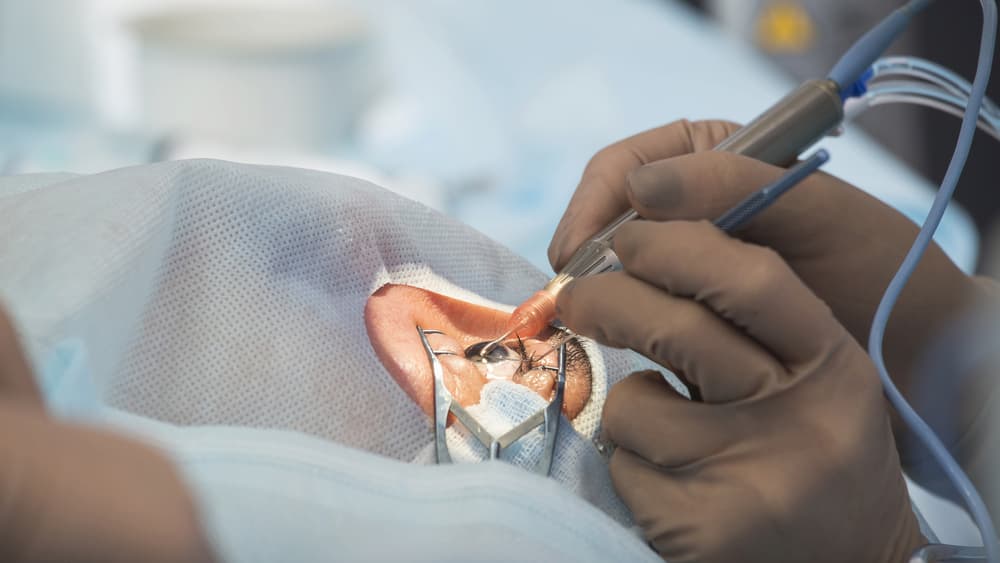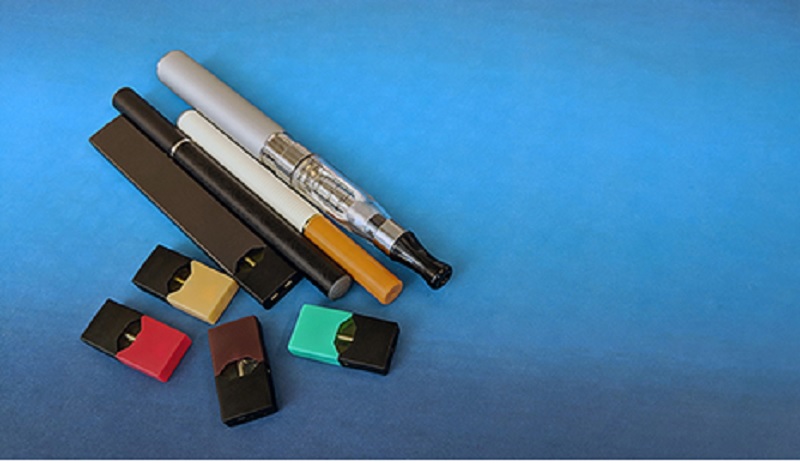Recovering from eye surgery requires patience, careful attention, and a commitment to following specific instructions to ensure the best outcome. Whether you have undergone cataract surgery, LASIK, or any other eye procedure, the healing process is crucial to regaining optimal vision. Below are several essential steps and tips to guide you through the recovery process, helping you recover efficiently and comfortably.
1. Follow Your Doctor’s Instructions Diligently
One of the most important aspects of eye recovery after surgery is adherence to the guidance provided by your surgeon. After any procedure, your doctor will offer specific instructions regarding post-operative care, which may include medication, activity restrictions, and follow-up appointments. It is critical to follow these instructions precisely to minimize complications and ensure a smooth recovery.
Common instructions might involve the use of eye drops to prevent infection or reduce inflammation, and the avoidance of activities like heavy lifting or bending over to protect the surgical site. Skipping medications or not attending follow-up visits could delay healing or lead to unnecessary complications.
2. Rest Your Eyes and Avoid Strain
During the recovery period, it is vital to give your eyes ample rest. After surgery, your eyes may feel sensitive, tired, or even dry, and this can be exacerbated by prolonged exposure to screens or bright lights. To ensure proper healing, limit your screen time on computers, tablets, and smartphones. Rest is crucial in the first few days post-surgery.
When reading or watching television, try to take regular breaks. The 20-20-20 rule can be helpful: every 20 minutes, look at something 20 feet away for at least 20 seconds. This technique will reduce eye strain and help your eyes recover more efficiently.
3. Protect Your Eyes from External Irritants
After surgery, your eyes are particularly vulnerable to dust, smoke, wind, and other environmental factors that could cause irritation or infection. Wearing protective glasses or sunglasses when outside is a wise measure to shield your eyes from harmful elements.
Additionally, avoid touching or rubbing your eyes during the recovery process. Rubbing can introduce bacteria into the surgical site, leading to infection or irritation. If your eyes feel itchy, resist the urge to scratch them and instead gently tap around your eyes or use a clean, damp cloth to soothe the area.
4. Keep Your Eyes Moisturized
Dryness is a common issue after eye surgery, as the healing process can affect the production of tears. To combat dryness and maintain comfort, use lubricating eye drops recommended by your surgeon. These drops are designed to keep your eyes moist and prevent the discomfort that can come with dryness.
If you experience dry eyes for an extended period, consult your doctor. They may recommend a different type of eye drop or suggest additional treatments, such as punctal plugs, to help improve moisture retention in your eyes.
5. Attend Follow-Up Appointments
After your surgery, follow-up appointments are essential to monitor the progress of your recovery. These visits allow your surgeon to check for signs of infection, inflammation, or any other issues that may have arisen during the healing process. During these appointments, your doctor can assess your vision and ensure that your eyes are healing as expected.
Attending these appointments allows for early detection and treatment of potential problems, which can prevent long-term complications and help you achieve the best possible outcome.
6. Avoid Physical Activity and Heavy Lifting
In the initial days following eye surgery, it is crucial to refrain from activities that could put pressure on your eyes. Activities such as lifting heavy objects, vigorous exercise, and bending over should be avoided, as they can strain your eyes or cause swelling. Your doctor will inform you when it is safe to resume these activities, typically within a few weeks.
In the meantime, focus on gentle, relaxing activities that do not put undue strain on your eyes. Avoid lifting anything heavier than a few pounds, and steer clear of any high-intensity physical movements that could cause discomfort or disrupt your healing process.
7. Maintain a Healthy Diet and Stay Hydrated
Your body’s ability to heal depends on a well-balanced diet rich in essential vitamins and nutrients. Foods high in antioxidants, such as leafy greens, berries, and fish rich in omega-3 fatty acids, can support eye health and speed up recovery. Vitamin C, vitamin E, and zinc are particularly beneficial for eye health and can help with the healing process.
Additionally, drinking plenty of water ensures that your body remains hydrated, which helps maintain the health of your eyes and the tissues around them. A hydrated body is better equipped to handle the demands of the healing process.
8. Watch for Signs of Complications
While complications after eye surgery are rare, they can occur. It is crucial to monitor your recovery and be vigilant for any signs of potential problems. Symptoms such as increased pain, redness, sensitivity to light, or vision changes should be promptly addressed by your doctor.
If you notice any of these signs, do not wait for your scheduled follow-up appointment. Contact your surgeon immediately to determine whether additional treatment is necessary.
9. Be Patient with Your Recovery
The recovery time after eye surgery varies depending on the type of procedure performed and your individual health. Some people experience rapid improvement, while others may need more time. It is essential to be patient and allow your body the time it needs to heal properly.
Avoid the temptation to rush back into normal activities or push your limits too early. Taking the time to fully recover will ensure that you enjoy the best possible results from your surgery.
10. Seek Support When Necessary
Recovering from eye surgery can feel overwhelming at times. Don’t hesitate to seek help from family or friends if you need assistance with daily tasks or transportation. In the early stages, you may experience temporary vision impairment, making tasks like driving or reading difficult. Having a trusted support system can help alleviate these challenges and make the recovery process smoother.
In some cases, people may experience emotional challenges as they adjust to changes in their vision. If you feel anxious or worried during your recovery, speaking with a healthcare professional or counselor can be beneficial for your mental well-being.
Final Remarks
Taking care of your eyes after surgery requires a combination of following medical advice, protecting your eyes, and maintaining a healthy lifestyle. By adhering to the steps outlined above and staying vigilant about your eye health, you can ensure a smooth and successful recovery. Remember, the recovery process may take time, but with the right care, your eyes will heal, and you will enjoy the benefits of improved vision for years to come.














